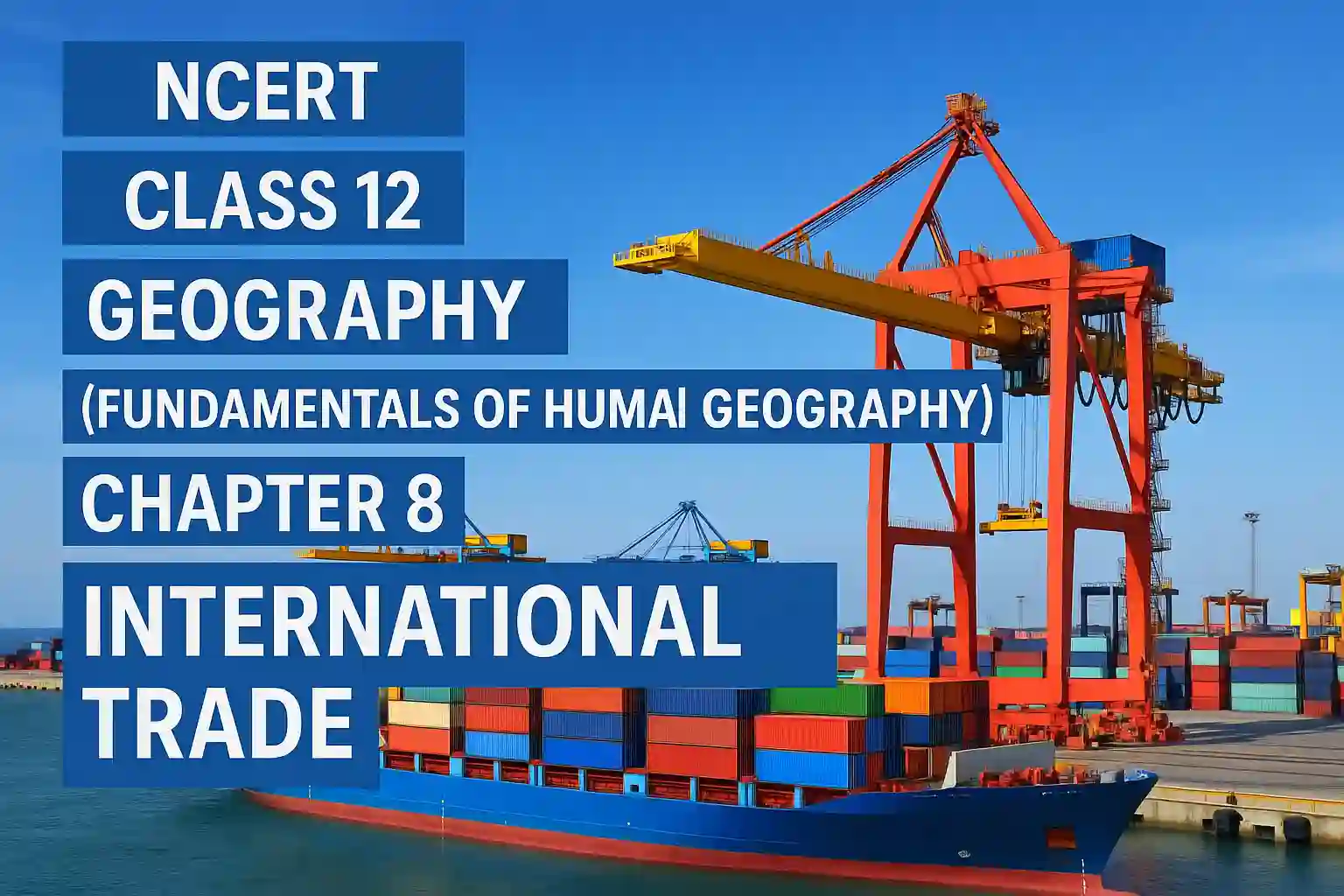For the first time in Maharashtra, the government is taking a proactive step by introducing emergency response training for teachers, school staff, and local education officers. The goal is to ensure that every educational institution is equipped not just with books and blackboards, but with people trained to handle crises, be it natural disasters, accidents, or any kind of threat to student safety.
The decision was made after several incidents were reported where schools struggled to manage emergency situations. Whether it was dealing with fire alarms, sudden student injuries, or evacuation protocols during unexpected weather events—schools had no standard response plan. I personally recall a time during school when a short circuit caused panic and there was no adult who knew what to do. Such incidents are exactly what this training aims to change.
Who Will Be Trained?
As per the new plan, the training will be given to:
- School Principals
- Administrative Officers
- Non-teaching Staff
- Class Teachers
- Education Department Officials
The training will be mandatory and rolled out district-wise in batches. Focus will be given to government and aided schools first, followed by private institutions.
What Will the Training Include?
The training modules will include:
- First aid and CPR basics
- Fire safety and evacuation plans
- Dealing with earthquakes and floods
- Student psychological support in emergency
- Police and ambulance coordination drills
This won’t be just one-time training. Refresher courses will be held every year so that response plans stay updated as per new safety guidelines.
Why This Matters
India has thousands of schools in areas prone to floods, heatwaves, and even chemical factory zones. Still, most of these schools function without safety drills or proper equipment. Even metro cities like Mumbai and Pune are not fully prepared. The training will make sure that those responsible for children during school hours are ready to respond when things go wrong.
The initiative is being led by Maharashtra Education Department and disaster management authorities, with support from local NGOs who specialise in emergency preparedness.
When and Where?
The pilot training sessions will start this month in Nagpur, Pune and Nashik. Once reviewed, it will expand to all districts. Special trainers will be sent from the disaster management authority and local police departments.
Teachers and principals will get certificates after completion, which will also be linked to their annual performance review. This is being done to make sure everyone takes it seriously.
What Teachers Are Saying
A teacher from Pune who was part of the trial batch said the training gave her confidence she never had before. She said she now knows exactly what to do if a student faints or if there’s a panic situation. Many like her feel such training should’ve started years ago.
Final Word
This initiative is not just about teaching emergency techniques. It’s about creating a safe and secure space for every child. Because when children step into school, their safety should never be uncertain. This is a step in the right direction, and if implemented properly, could become a model for the entire country.














